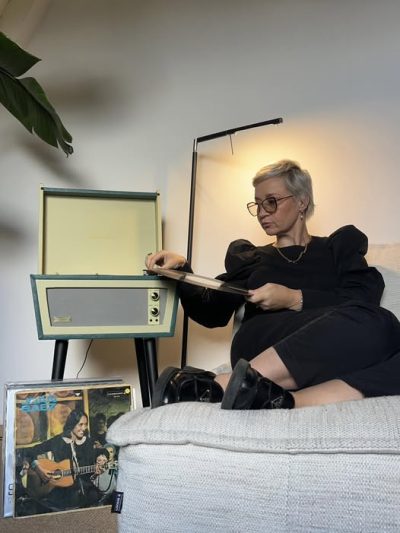I learned quickly that when I showed myself small and wounded, people were gentler. That I received attention, understanding, maybe even love. And I learned to use it. At first unconsciously. Then, almost like a saving role.
When I cried, my mother stopped raising her voice. When I stayed silent and lowered my eyes, my father no longer continued the scolding. When I spoke about how unfair the world was to me, friends offered me comfort.
If I missed a deadline, I blamed exhaustion or the people who had loaded me with too much. If the relationship wasn’t working, I hurried to list his mistakes, his cold tone, his lack of presence and ignored my own silences, fears, or reproaches.
When I was a child and wasn’t allowed to fight back, the victim was my mute shield. When I was trapped in an abusive relationship, the victim justified my staying: “I have nowhere to go, I can’t, I don’t know how.” When my body was tired of crying, the victim lulled me to sleep with the promise that maybe, one day, someone would save me.
The victim was my shield. If I was the victim, I wasn’t responsible. If I was the victim, someone else was to blame. If I was the victim, I had excuses. And I had silence. And a kind of power that came, paradoxically, from the very lack of power.
“Victim” was at one point my most convenient mask. I played this role so often, so well, that at some point I started to confuse myself with it. I believed my story and forgot it was just a perspective: mine. I told it so often it sounded like absolute truth. I repeated it like a chorus. And each time, I forgot it was just one version of reality, a fragment torn from a whole.
The victim role had been, as protective as it was, just as cruel. It kept me captive. It stole my right to my own strength. And it almost stole my chance to rise.
In the past, the victim helped me survive: in childhood, in abusive relationships, in moments when I was too broken to wear any other mask… The victim was my refuge. It was convenient to believe I was only that: a powerless woman to whom bad things happened.
But one day I looked at myself and I was fine, only I no longer knew who I was without the story of my helpless-victim pain.
Now I no longer want to live there. I am no longer powerless. And I no longer need to wait to be saved. I’ve changed the record.
I allow myself to be whole. To also look at my own contribution to my story, to take responsibility without judging or hating myself and without seeking other culprits.
Even if I no longer receive anyone’s sympathy, I like myself more this way: imperfect, full of mistakes, weaknesses, and responsible.
